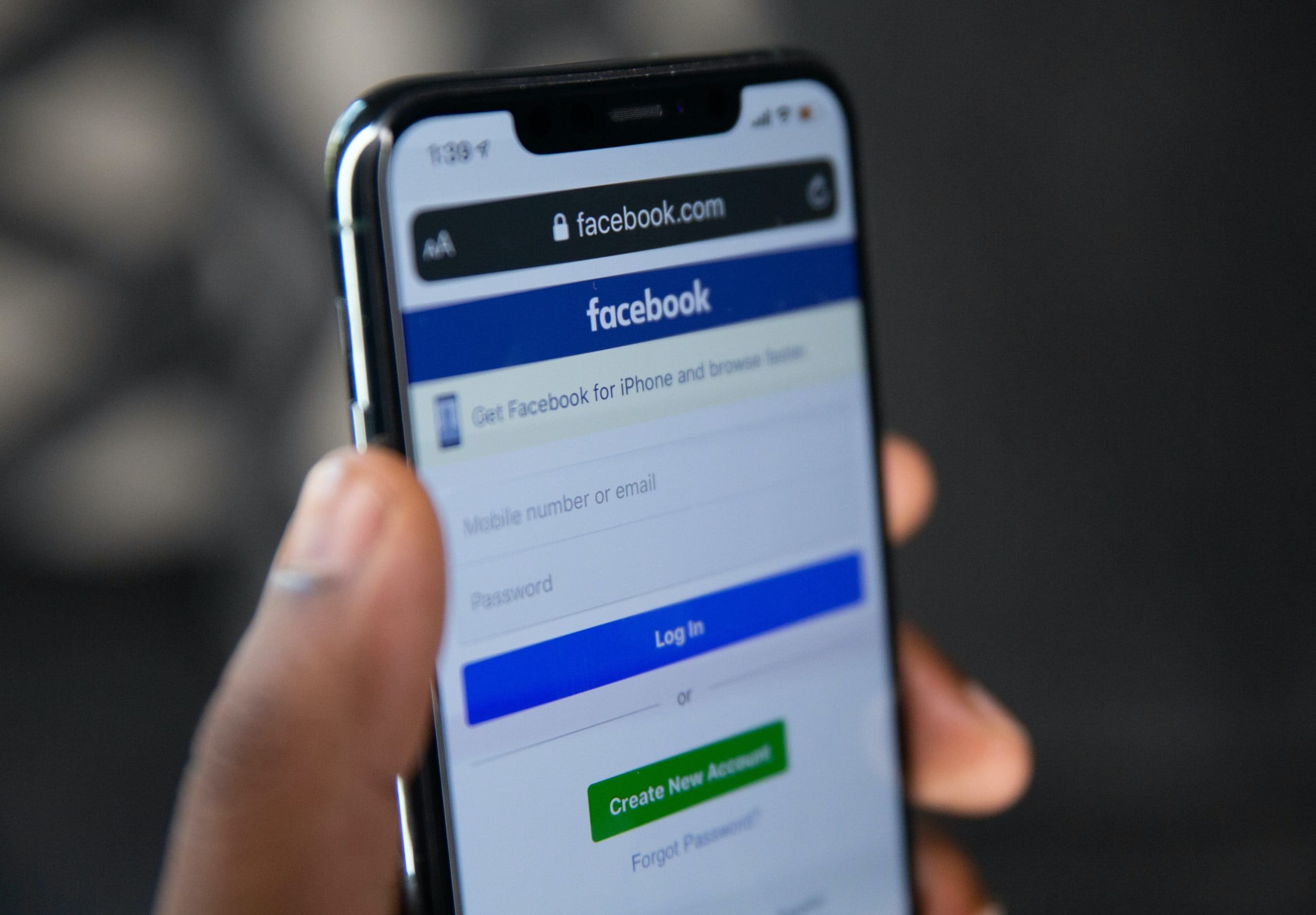On April 1st, the U.S. Supreme Court released its opinion in Facebook, Inc. v. Duguid, marking a newly clarified definition of “autodialer” within the meaning of the Telephone Consumer Protection Act (“TCPA”). In the two weeks that followed, two federal courts have directly addressed the definition of TCPA autodialer as set out in the Facebook decision: one in Maine (McEwen v. Nat’l Rifle Assoc.) and one in Colorado (Montanez v. Future Vision Brain Bank). In both cases, the courts explained that in order to qualify as a TCPA autodialer, the equipment used to make the phone call or send the text message must use a random or sequential number generator to store or dial the numbers. We frequently blog about the TCPA, including basic primers and defense strategies to use in TCPA litigation.
Why do the McEwen and Montanez decisions matter?
Settling the Autodialer “Use vs. Capacity” Argument
For years, attorneys, regulators, and telemarketers have debated the finer points of what the TCPA really means. The TCPA became law in 1991. Since then, it has become a patchwork of laws, regulations, and court decisions as communications technology progressed and lawmakers attempted to keep up. One point of contention between consumers and telemarketers is the TCPA autodialer definition. The TCPA defines “autodialer” as equipment with the capacity to store or produce phone numbers using a random or sequential number generator and to dial those numbers. As part of this ongoing interpretive debate, one big divergence of opinion emerged:
- Does a telemarketer use an autodialer if the equipment used to make the phone calls or send the text messages has the capacity or capability to use a random or sequential number generator, OR
- Does the telemarketer have to actually use a random or sequential number generator to store or dial the numbers?
Plaintiffs have argued for a broad definition of autodialer based on the capacity of the equipment, while the telemarketing industry has argued that actual use of a number generator is what matters and what the TCPA prohibits. As the courts in McEwen and Montanez found, the Supreme Court determined in its Facebook decision that use of a random or sequential number generator is essential to the TCPA autodialer definition.
How does the definition of TCPA autodialer affect my company?
With most Supreme Court opinions, it can take some time for trial courts to grapple with new rules, legal tests, and/or definitions established by or through a decision in a particular case. More and more decisions from trial courts, like the ones in McEwen and Montanez, will trickle out as judges are faced with ruling on whether to dismiss claims hinging on the TCPA autodialer definition. These early indications, however, provide at least some guidance for telemarketers to employ in assessing their compliance with the TCPA.
Does your company send marketing text messages or make marketing calls? If so, does your company use a cultivated list of numbers, information obtained from users themselves, to make marketing phone calls or send commercial text messages? Using a cultivated list of numbers is exactly what Facebook did and what the Supreme Court found as acceptable in its Facebook decision. The focus on use fits within a commonsense analysis too.
In the unanimous Facebook decision, the justices went out of their way to conclude that modern cell phones should not and could not fit within the definition of a TCPA autodialer. This context further clarifies the Supreme Court’s answer to the use vs. capacity argument.
Imagine two companies sending commercial text messages to a list of consumers. Company A uses standard telephonic equipment to manually dial and send the text messages. Company B uses equipment with a random or sequential number generator feature to send the same text messages. Assume that Company B did not use the random or sequential number generator to send the text messages. Under a capacity-focused analysis, Company B would have violated the TCPA by using an autodialer simply because the equipment had number generator functionality. The telemarketing industry argues that such an outcome flies in the face of the Supreme Court’s clear direction as to what meets the definition of autodialer. Only a use-focused analysis, they maintain, should produce results that comport with the Facebook decision.
Hire experienced TCPA attorneys.
With so many changes to the TCPA coming from new regulations and court decisions, it can take a lot of effort to keep up to speed. Hiring a team of experienced attorneys who can help your company stay TCPA compliant or defend your company in a TCPA litigation matter is one of the best business decisions that you can make. The attorneys at Klein Moynihan Turco focus on TCPA litigation defense and TCPA compliance. We analyze cases from your company’s perspective, instead of simply focusing on abstract legal issues or procedural hurdles. If you need assistance in updating your telemarketing practices and procedures or need an experienced team to defend your company in TCPA litigation, please email us at info@kleinmoynihan.com or call us at (212) 246-0900.
The material contained herein is provided for information purposes only and is not legal advice, nor is it a substitute for obtaining legal advice from an attorney. Each situation is unique, and you should not act or rely on any information herein without seeking the advice of an experienced attorney.
Attorney Advertising.
Photo by Solen Feyissa on Unsplash
Related Blog Posts:
TCPA Wrong Number Litigation: A Class Action Story




